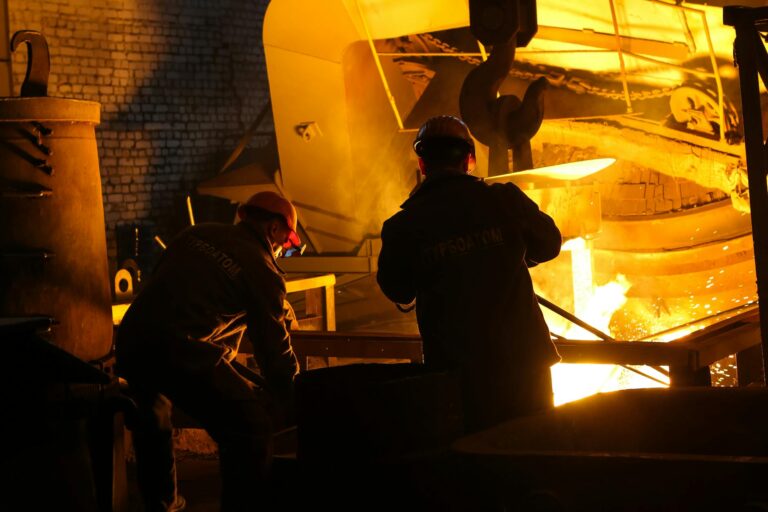Trump Just Gave Nippon Steel the Green Light—Here’s Why It Matters
Okay, let’s talk about this $15 billion deal that’s got everyone buzzing. Former President Trump—yeah, the “America First” guy—just signed off on Japan’s Nippon Steel buying US Steel. And get this: the US government gets a special “golden share” to keep an eye on things. Sounds fancy, right? But what does it actually mean for workers, national security, and that rusty old symbol of American muscle? Let’s break it down.
The Deal in Plain English
Nippon Steel is basically the Toyota of Japanese steel—biggest player over there. They’re dropping $15 billion to buy US Steel, which, let’s be honest, hasn’t been the powerhouse it was when your granddad worked there. But here’s the kicker: this isn’t some fire sale. The deal’s been cooking since late 2023, and Trump’s blessing was the final piece. Surprising? Maybe. But there’s more to it.
US Steel still matters—think bridges, cars, even military stuff. Problem is, they’ve been limping along for years. Nippon’s cash could be a lifeline. Or, depending who you ask, a leash.
Why Trump Said Yes (And Why That’s Weird)
This is where it gets interesting. Trump spent years ranting about China buying up America. Now he’s cool with Japan taking one of our industrial crown jewels? Apparently, the deal came with strings attached—like job protections and that golden share thing. “Keeps America competitive without selling the farm,” one of his guys told reporters. Still feels weird, doesn’t it?
Big picture: Japan and the US are buddying up against China’s steel dominance. Smart move? Maybe. But talk to steelworkers in Pennsylvania, and you’ll hear a different story.
The “Golden Share” Isn’t Just Bling
Alright, let’s demystify this. A golden share means the US government can veto certain decisions—like if Nippon tries to shut down plants or ship tech overseas. Britain’s done this with defense companies, Australia with mines. It’s like giving your kid the car keys but keeping the GPS tracker on.
But here’s the thing: veto power sounds tough until you realize nobody wants to use it. The real test? Whether Nippon plays nice when profits dip. “Partnership with guardrails” sounds great on paper. Let’s see how it holds up in a recession.
Who’s Cheering—And Who’s Ready to Fight
Kamala Harris isn’t having it. Called the deal “short-term win, long-term pain” for workers. Unions? They’re skeptical as hell. “Show me the money—and the guarantees,” one union rep said. Can’t blame them. Remember when Carrier promised to keep jobs in Indiana? Yeah.
On the flip side, Wall Street’s popping champagne. Nippon’s promising $1.4 billion in upgrades and no layoffs till at least 2027. Sounds solid, but steel towns have heard that song before.
What Could Go Wrong?
Even with Trump’s thumbs-up, this isn’t done. Antitrust reviews, Congress whining, maybe even lawsuits. And let’s be real—Nippon’s buying a company with one foot in the 20th century. Global competition? Carbon regulations? That’s their problem now.
Long-term, this could go two ways: either US Steel becomes a lean, mean, Japan-backed machine… or we’re all pointing fingers in five years saying, “Told you so.”
Bottom Line
This isn’t just about steel. It’s about whether America can still cut deals without getting cut out. The golden share is a creative fix—but creativity doesn’t pay the bills. Watch this space.
What do you think? Smart compromise or slow-motion sellout? Hit reply and yell at me.
Source: Financial Times – Global Economy











